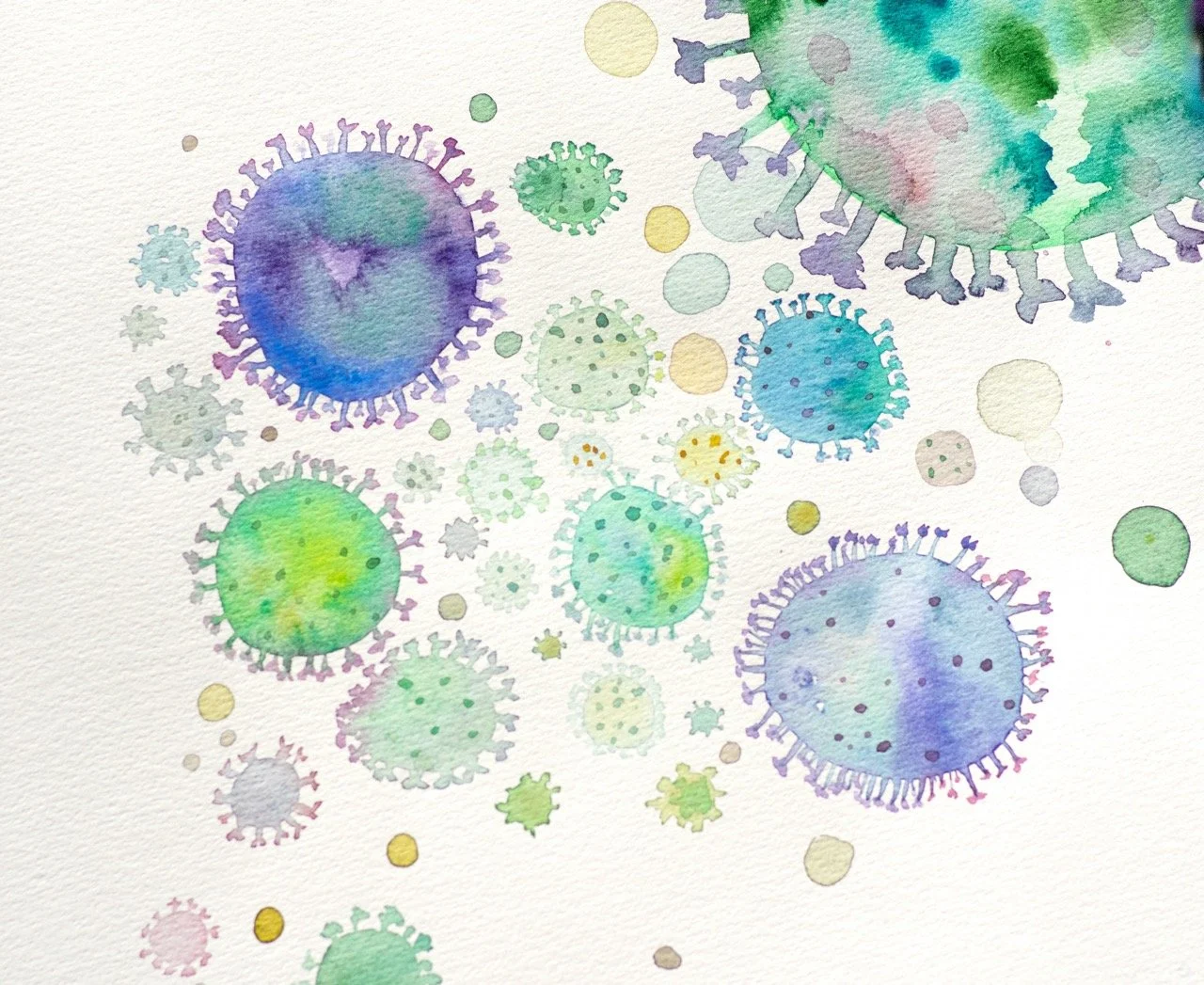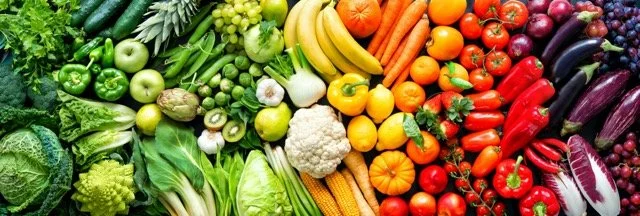Microbiome: How Bacteria Determine our Health
Did you know we have more bacteria cells within us than human cells?
That’s right, it is estimated that the typical adult human body consists of about 30 trillion human cells and about 38 trillion bacteria. So technically, we are more bacteria than human! How wild is that? Without bacteria, we wouldn’t be here. Think about it: bacteria have been around for billions of years, while us humans (modern Homo Sapien) have been around for roughly 200 000 years only. They have adapted, morphed and survived more times than we can count. Let’s have a look at how they affect our health.
The Microbiome
Hidden within each of us resides a remarkable community of bacteria, totalling approximately two kilograms in weight. In fact trillions of these tiny beings inhabit our bodies, with the majority taking up residence in our digestive system. It's important to note that each of us carries a unique population of bacteria, akin to our individual genetic makeup. The composition of these gut bacteria is known as our “microbiome".
When you think about your gut, you probably associate it with digestion – the process of breaking down food, absorbing nutrients, and disposing of waste. However, emerging research is shedding light on a much deeper connection between the health of our gut and our overall wellbeing, including our immunity and our ability to fend off chronic diseases.
The microbiome contributes to digestion, regulating metabolism, and protecting against disease. Many studies have shown that the composition and diversity of the gut microbiome affect overall health.
Imbalance of the gut microbiome (dysbiosis) is believed to increase the risk of developing obesity, type 2 diabetes, cardiovascular diseases and other chronic diseases. Recent research has also linked the gut microbiome with mental health, finding that some of the same bacteria that affect the digestive system are also involved in regulating mood.
What We Can Do to Feed and Protect our Microbiome
Unlike our unalterable genetic code, we possess the power to influence and enhance the wellbeing of our gut bacteria population, which in return is affecting our overall health. Food serves as a logical starting point in this journey. Researchers studying the microbiome believe that a diverse array of bacteria is advantageous for our health – the greater the variety of bacteria we harbour, the greater our chances of enjoying robust health and staving off diseases.
To encourage this diversity, a varied diet rich in whole foods is your best friend. It’s why you’ll often hear “Eat the Rainbow”. Not only it provides a wide range of phytonutrients and antioxidants to lower inflammation and promote digestive health, but it also nurtures the 'good' bacteria thriving in our guts. And they give back to us tenfold.
Bacterial Infections & Antibiotics
While we've mostly focused on how bacteria affects our health, it is essential to acknowledge that bacterial infections can cause severe health problems and even death. Diseases like Lyme disease and Meningitis as well as infections like Pneumonia, Urinary Tract Infection (UTI) and Strep throat are all caused by bacteria. Prevention through hygiene practices and strengthening the immune system can help your “good bugs” win over the “bad bugs” they come in contact with. Obviously, I need to mention that antibiotics have reduced the incidence of many bacterial infections but they created another problem: antibiotics resistance. Because remember, bacteria have been here longer and can outsmart us. The collateral damage to our microbiome health is important to consider and the emergence and spread of antibiotic-resistant bacteria continues to be a significant public health concern worldwide.
The fascinating world of Bacteria is being studied as we speak
Bacteria play a crucial role in shaping our immune system, metabolism, and mental health. Although bacteria are often associated only with diseases and infections, I hope you now understand that many types of bacteria in our bodies help maintain our health. With the growing evidence of the influential role of bacteria in our health, scientists are looking for ways to understand and manipulate the microbiome for better health outcomes.
The intricate world of gut bacteria holds immense promise for our health and wellbeing. By nourishing our microbiome with a diverse, whole foods diet and making informed choices in regards to our lifestyle and environment, we can unlock the hidden potential of these microorganisms and cultivate a healthier YOU!


